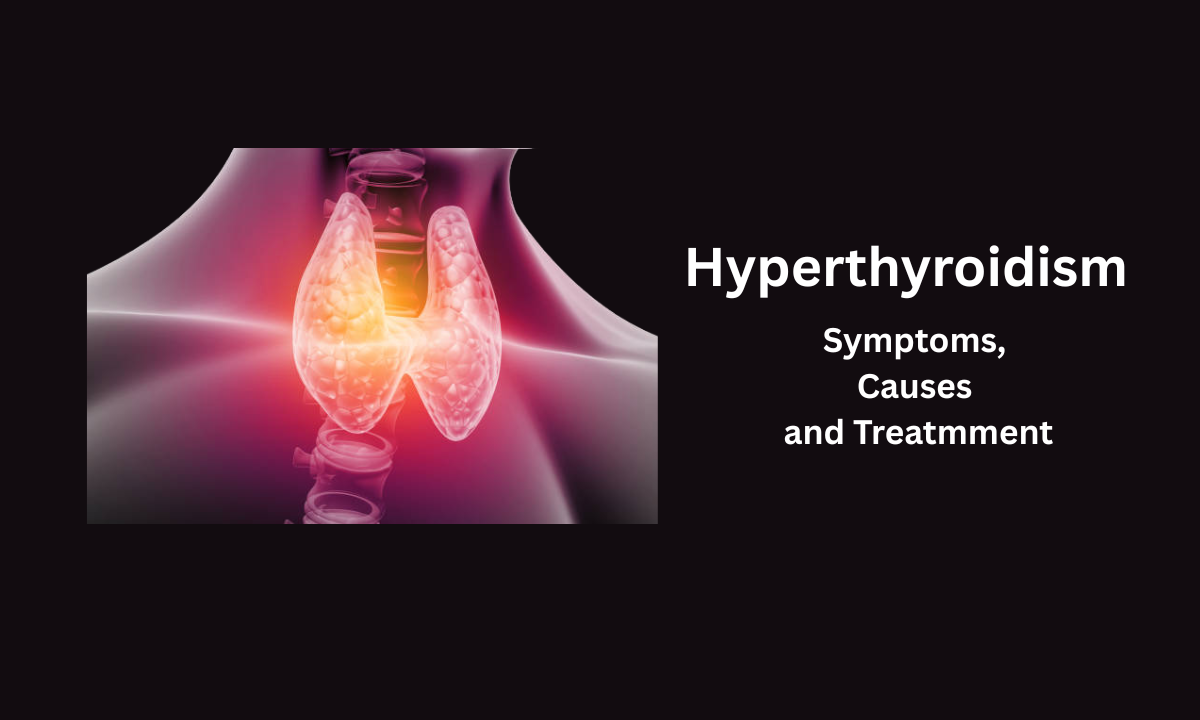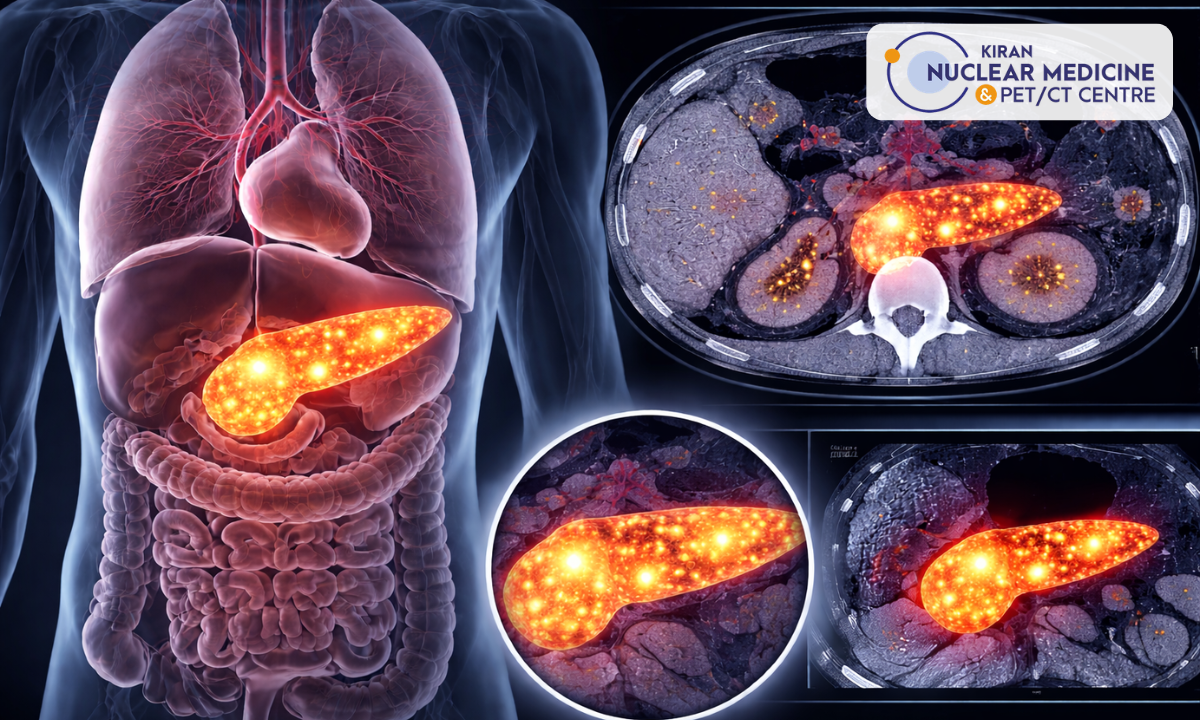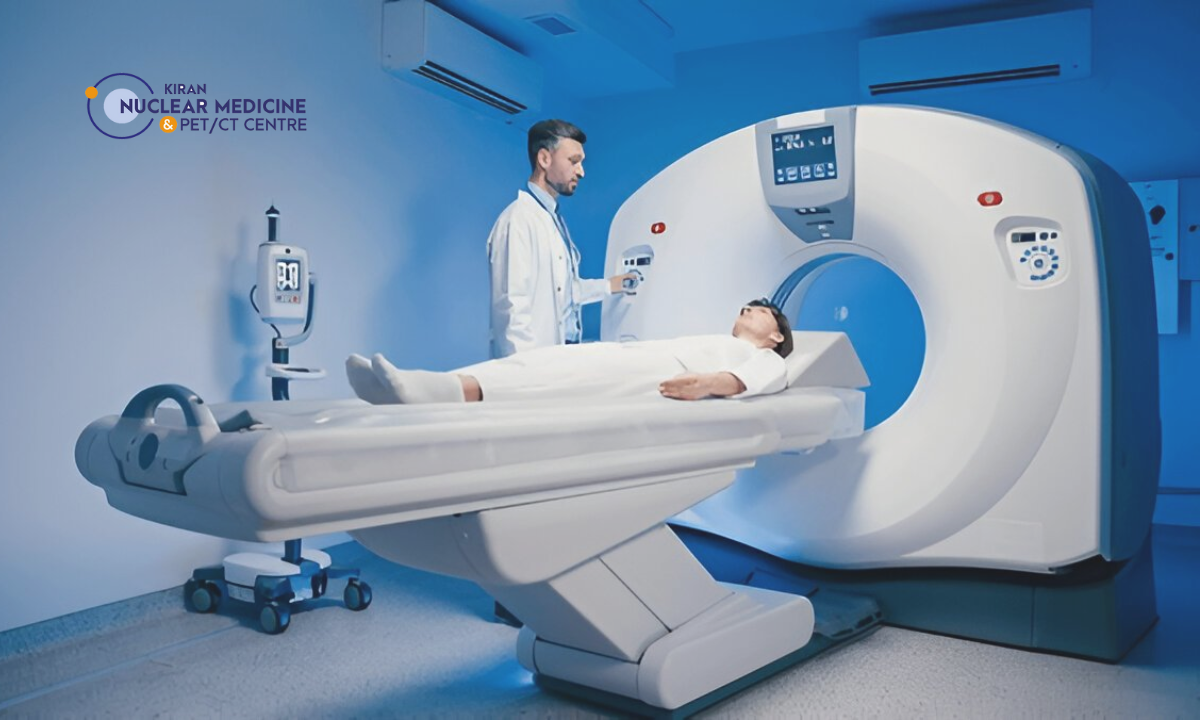Understanding Hyperthyroidism
Hyperthyroidism is a condition in which the thyroid gland becomes overactive and produces excessive amounts of thyroid hormones. These hormones play a critical role in regulating metabolism, and their imbalance can significantly disrupt various bodily functions.
An overactive thyroid speeds up the body’s metabolism, leading to symptoms that affect physical, mental, and emotional well-being. It can occur at any age but is more common in women. Detecting and managing hyperthyroidism early is essential to avoid complications such as heart disease, osteoporosis, and other health concerns.
Hyperthyroidism Symptoms in Females

Hyperthyroidism symptoms in females can be subtle initially but tend to become more pronounced over time. Since women experience hormonal fluctuations during menstrual cycles, pregnancy, and menopause, identifying these symptoms early becomes essential. Some of the most frequent issues include:
- Rapid heartbeat or palpitations
- Unexplained weight loss despite normal or increased appetite
- Fatigue and muscle weakness
- Increased sensitivity to heat
- Anxiety, irritability, and mood swings
- Irregular menstrual cycles
- Thinning of hair and brittle nails
- Sleep disturbances
These hyperthyroidism symptoms in females often go unrecognized because they mimic signs of stress or other health conditions. However, ignoring them can lead to long-term complications.
Hyperthyroidism Causes
Several causes contribute to the development of this thyroid disorder. The overproduction of thyroid hormones may stem from:
- Autoimmune disorders
- Inflammation of the thyroid gland
- Excessive iodine consumption
- Tumors in the thyroid or pituitary glands
- Improper dosage of thyroid hormone medication
Understanding the hyperthyroidism causes is essential to determine the most effective hyperthyroidism treatment approach. Identifying the root cause can help medical professionals recommend lifestyle modifications, medication, or other targeted therapies.
Hyperthyroidism Types
There are different hyperthyroidism types, each with unique triggers and progression patterns. The most common forms include:
- Graves’ disease
- Toxic nodular goiter
- Thyroiditis
- Functioning thyroid adenoma
These hyperthyroidism types vary in severity and duration. Some may resolve on their own, while others require lifelong monitoring or treatment. Diagnosis is typically done using blood tests and imaging scans to assess thyroid hormone levels and gland function.
Diagnosis and Thyroid Scan in Bangalore
Accurate diagnosis of hyperthyroidism is key to determining its type and cause. Tests include thyroid hormone level analysis (T3, T4, TSH) and imaging studies. A thyroid scan in Bangalore helps assess the gland’s shape, size, and functionality, allowing endocrinologists to locate nodules or signs of inflammation.
Thyroid scan in Bangalore is offered at several advanced diagnostic centers and hospitals that use high-resolution imaging and nuclear medicine techniques for precise evaluation. This diagnostic tool is an integral part of the hyperthyroidism treatment plan.
Hyperthyroidism Treatment
Hyperthyroidism treatment is based on severity, underlying cause, age, and overall health condition. Treatment options generally include:
- Medications that regulate or block the production of thyroid hormones
- Radioactive iodine therapy to shrink or destroy overactive thyroid tissue
- Surgery to remove part or all of the thyroid gland in more severe or resistant cases
- Beta-blockers to manage rapid heart rate and anxiety symptoms
Each hyperthyroidism treatment has its advantages and side effects, so careful monitoring by a healthcare provider is essential. In some cases, the treatment leads to hypothyroidism, requiring lifelong thyroid hormone replacement therapy.
Managing Lifestyle with Hyperthyroidism
Living with hyperthyroidism requires attention to daily habits and lifestyle choices. Proper sleep, stress management, and regular follow-ups play a critical role in improving quality of life. Patients are encouraged to avoid excessive iodine intake and stick to a balanced, doctor-recommended diet.
Long-term success with hyperthyroidism treatment also depends on adherence to prescribed medications, regular lab tests, and symptom monitoring. A structured approach helps prevent relapses and maintain optimal health.
Conclusion
Hyperthyroidism is a complex endocrine disorder that affects numerous systems in the body. From understanding its symptoms and identifying its causes to receiving the correct diagnosis through a thyroid scan in Bangalore, proper medical care is critical.
For individuals seeking clarity and long-term control over their thyroid health, taking the right steps at the right time can make all the difference. If you’re navigating through this condition or suspect thyroid imbalance, professional help is key.
Kiranpet offers valuable guidance for individuals looking to learn more about hyperthyroidism, its impacts, and wellness strategies. Stay informed and proactive with trusted resources like Kiranpet for better health decisions.







